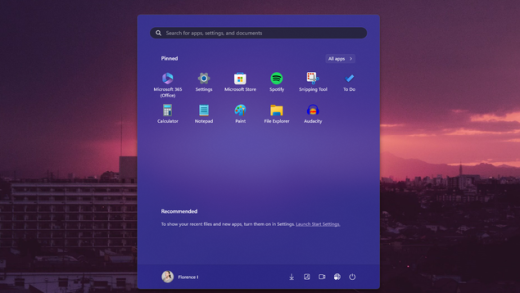Apple won’t allow “antivirus” apps in the App Store, but there are many “security” apps available. For example, Norton Mobile Security costs $14.99 per year, and Lookout Premium costs $29.99 per year. But do these apps actually do anything?
You don’t need an antivirus app for your iPhone. You won’t find any in the App Store. So what do these “security” apps do? Are they useful, and how exactly are they protecting you?
Is Norton Mobile Security Any Good?
Let’s take a look at Norton Mobile Security, which is a free download but requires at $14.99 yearly subscription fee. It has three features: Wi-Fi Security, Web Protection, and OS Alerts.

Wi-Fi Security informs you whether your Wi-Fi network is “compromised.” Specifically, Norton’s website says the app checks for SSL stripping, SSL decryption, content manipulation, suspicious network hardware, and hotspot reputation. This check is performed every time you connect to a new Wi-Fi network.
Basically, Norton is checking to ensure you aren’t connected to a dangerous public Wi-Fi network that’s attempting to snoop on or modify your traffic. That could help you spot a dangerous public Wi-Fi hotspot. You shouldn’t have to worry if you’re connected to a trusted Wi-Fi network at home or work—or if you just use mobile data.

Web Protection connects your phone to a VPN when you enable it. Norton uses this VPN to scan your traffic for known-dangerous websites. It can then prevent you from accessing them. For example, if you were navigating to a phishing website, Norton could block it.
This isn’t the type of VPN you usually think of. Norton is using an “on-device VPN”—when you enable the VPN, your traffic is sent to the Norton app on your device, and the Norton app checks it against a blacklist and blocks any known-based websites. This isn’t like a typical VPN that sends your traffic over the network in an encrypted form. Norton offers that as part of Norton Secure VPN, which requires an extra monthly fee.











